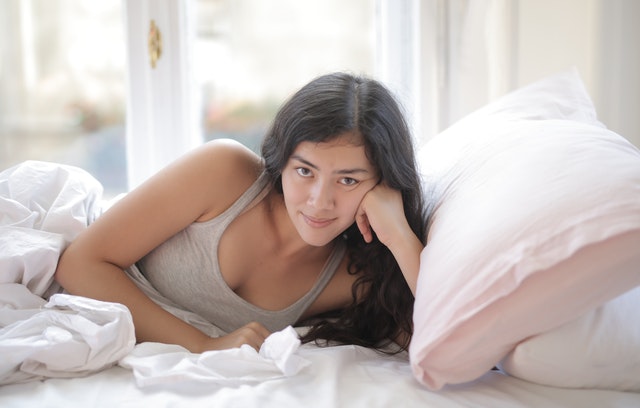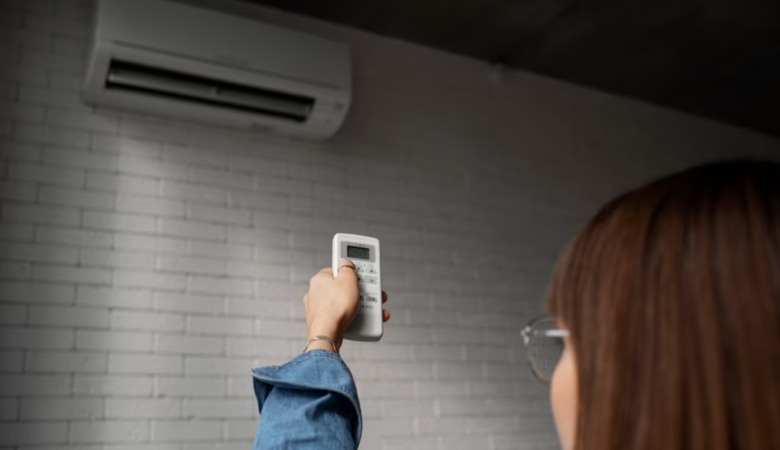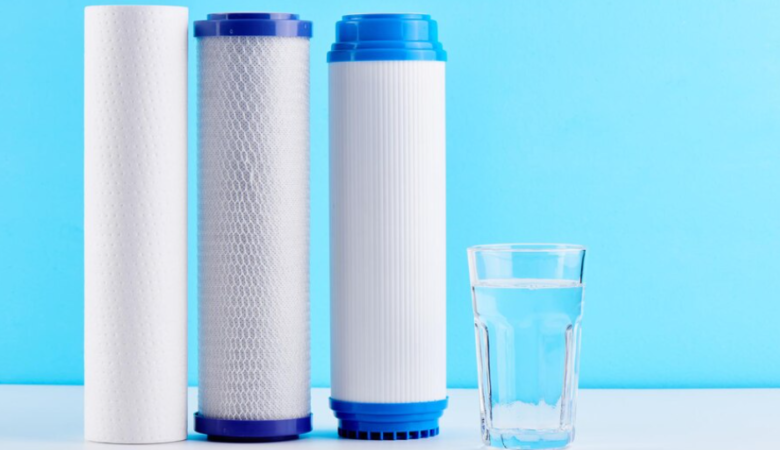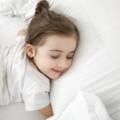Are you worried about your immense amount of hair loss? Are you not getting enough sleep? Well, either of those options can create a massive impact on your physical health. Poor sleep may cause several health issues like stress, skin issues, lack of energy, and a poor immunity system. Lack of sleep causes hair loss that may highly increase the strain level in your body. This could hamper the capacity of the functioning of the cells which may result in hair loss or hair thinning. Several studies claim that poor sleep conditions like apnea may affect the hair condition since a component of the circadian cycle may partially affect the expansion cycle of the hair follicles.
Stress leading to hair loss
Stress, sleep and hair loss – all are interrelated. A sound sleep at the hours of darkness is required for protein synthesis of the hair and releases the growth hormones also which is incredibly important for general hair health. Our body produces melatonin which is a hormone that helps in regulating the body’s sleep cycle and increases hair growth. If the body’s melatonin levels are down then there is an opportunity for maximum hair loss. Lack of sleep can result in stress which forces the follicle in an exceedingly premature resting state which is again followed by a hair shedding phase.
Does sleep help hair grow?
Now looking at the opposite side of the coin, does sleep help your hair grow? Sleep includes a stress-relieving property that happens because of a fluctuating hormone level within the body. Stress is such an element that is controlled by a series of hormones in our body. When those hormone levels of the body increase, it then instructs the adrenal gland to supply some stress hormone. But the assembly of Adrenaline hormone stops once you have a sound sleep. While you sleep, the pituitary gland helps to block the assembly of such stress hormones. Additionally, there is a straightforward logic that stress can highly affect sleep quality and quantity. So try leading a stress-free life and obtain a sound sleep in the night.
Male pattern baldness
Sleep is very important for hair growth as that may reduce the strain level which can help to cut back hair loss specifically Androgenic Alopecia. Hair loss specifically Androgenic Alopecia is not a condition that we love but unfortunately, over 50 – 75% of men suffer from Androgenic Alopecia which takes you a step closer to balding day by day. Not just men, women also suffer from extreme hair thinning. So if you are also full of extreme hair loss and also experiencing an absence of sleep then you need to know the simplest tricks to sleep for hair growth and get an evening of wonderful sleep.
Preventing hair breakage when you sleep
You may not even understand it, but while you are asleep, your hair is also subjected to unintentional friction and pulling caused by tossing and turning and also the quality of your pillows and covers. Let us see how else our hair is affected in the night.
Wet hair
Although it is tempting to clean your hair before bedtime and air dry it, wet hair is weaker than dry hair. Sleeping with wet hair increases the danger of breakage, so take some extra minutes and dry your hair completely before you turn in for your night’s sleep or even a daytime nap.
Hair bands
Elastic hair ties or bands put undue stress on your hair and damage the hair shaft. The same goes for tightly pulled-back ponytails or high buns. This happens after you wear these styles for extended hours during the day, however, the damage at the hours of sleep may be worse. If you want to tie your hair back at midnight, choose a loose ponytail or loose single braid at the nape of your neck. Always use a scrunchie instead of an elastic tie.
Pillow covers
You love your matching cotton bed set, but you will want to contemplate a silk or satin pillowcase. Cotton pillowcases can absorb moisture from your hair and cause knots or tangles. Silk is non-absorbent, less stressful on the hair, and may reduce breakage. But if you are bent towards having a cotton one, go for Livpure’s Egyptian cotton bed sheets which come with pillow covers as well. The Egyptian cotton is as good and luxurious as silk or satin, you will only know when you use them!
Hair brush choice
Brushing your hair before bed could be a good idea to make sure your hair is tangle-free. Tangled hair increases the chance of breakage when you are tossing and turning in bed. Use an excellent toothed comb and brush your hair gently from the tip to the roots. This may help natural oils from your scalp move to the ends.
Tips to have a good night’s sleep
Here is a list of tips to sleep for hair growth. This is an easy set of instructions that has to be followed nightly to get deep sleep. Certain specific habits and rituals may highly impact sleep quality. Let us get to some simple better sleeping tips.
Maintain a schedule
It is vital to keep up a set bedtime and wake-up call schedule and keep on with that the most amount possible even when it’s hard to stay on. This helps in maintaining a set biological time which will also prevent sleep deficiency. It will soon be a force of habit.
Maintain a healthy life
It is important to keep up a healthy life through exercising or a minimum of opting for a brief walk to keep your body fit and fine. Additionally, try and be in exposure to the early morning sunlight the maximum amount possible to keep the body’s natural clock working.
Take a brief nap
Whether or not you’re affected by a deficiency of sleep, your daytime nap must not be more than half-hour. Any sleep longer than that within the daytime may produce some grogginess and you will also find it difficult to sleep at nighttime.
Keep your bedroom comfortable
Keep your bedroom as dark as possible and keep all possible distractions away. Use dark curtains to darken out space if you sleep till the morning. Also, ensure that the bedroom temperature is comfortable for your sleep. Most people prefer maintaining a cool bedroom temperature, but you should choose what’s comfortable for you.
Use comfortable mattresses
One of the foremost important aspects of getting a decent sleep is a comfortable mattress. Make sure that the mattress you’re using is soft enough and is providing great ergonomic support to your body. Well, patients tormented by back pain, neck pain, and other similar conditions might not feel comfortable sleeping on a very soft mattress, rather they need firmer ergonomic support. Livpure offers you a wide range of mattresses for every need- be it a firm bed or a soft, cushiony bed.
Conclusion
The importance of sleep can’t be underestimated and researchers have already proved that sleep deficiency can play a serious role in hair loss and hair thinning. Sleep and stress are interrelated and this also contributes to hair loss somehow. The same happens when we let our hair be in a mess while sleeping- it breaks. So we should always target alleviating the key factors that may cause sleep deficiency by embracing changes in lifestyle, diet, and even seeking help from a medical professional. Improve your sleep quality and hygiene and enjoy an excellent quality of life, and also good hair!








